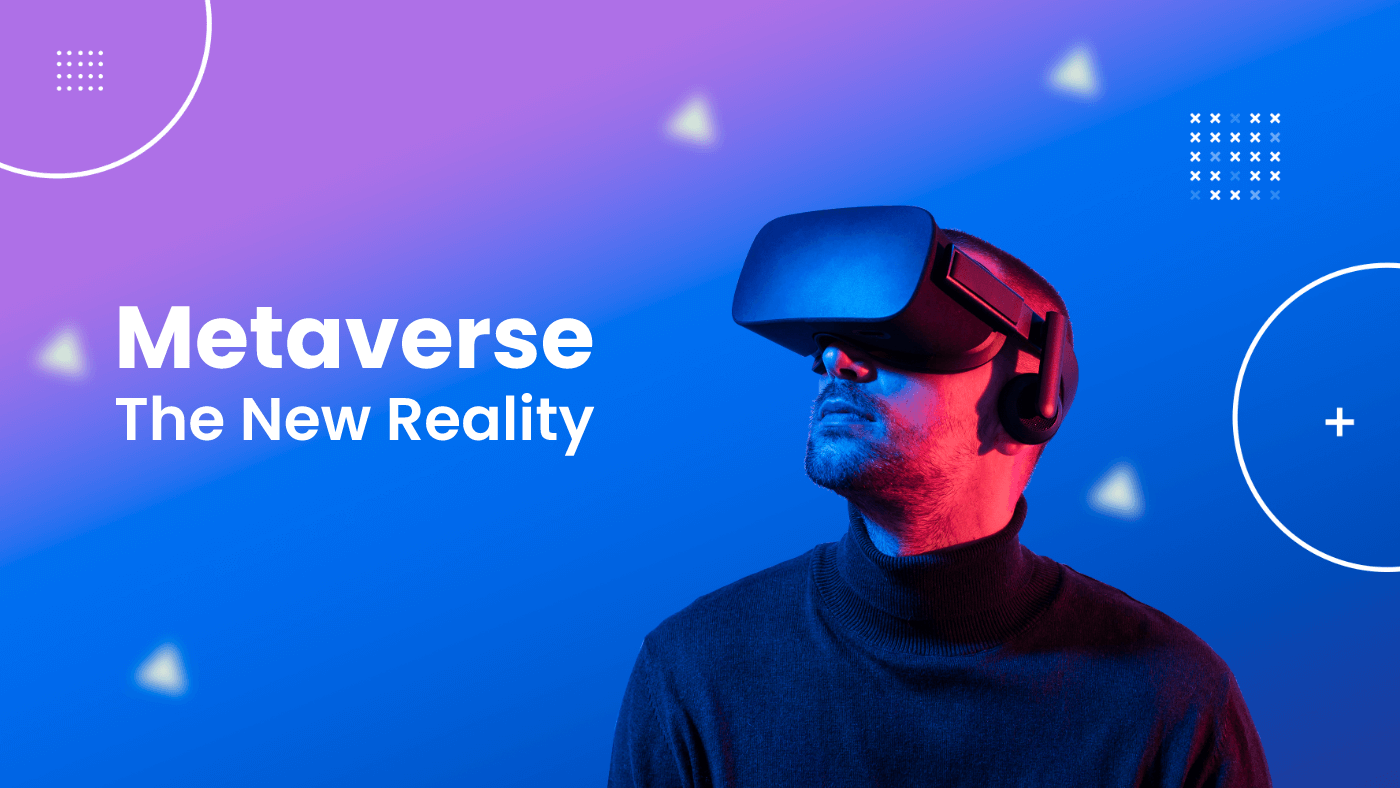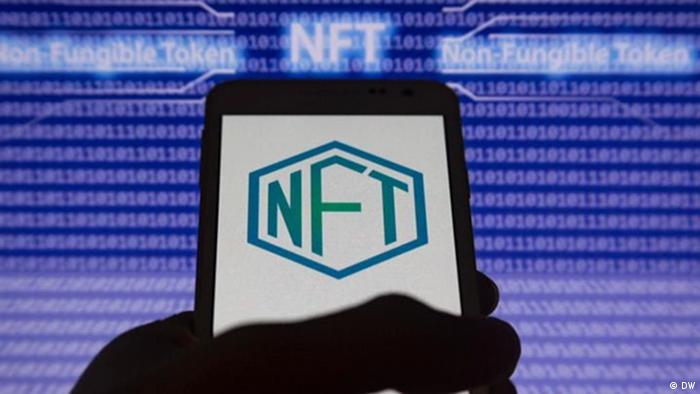Metaverse- The metaverse was created at the beginning.
In reality, the metaverse was neither good nor bad, and it has been envisioned as a place of extremes ever since its inception.
Either a utopian horn of plenty brimming with creative expression and untold wealth, or a dystopian cyber-surveillance state leaning into systemic abuses of power and inequality.
When you look further, it becomes evident that the majority of those making these claims have never really been in a metaverse.
If you travel there personally, you'll discover that the answer is somewhere in the middle.
What Is Metaverse?
That's a good question.
"Metaverse" is now a big term in the realms of technology, business, and finance, and its meaning, like all buzzwords, is hazy, debated, and molded by the objectives of those who use it.
One thing is certain: Neal Stephenson created the phrase in his 1992 novel Snow Crash to describe a virtual world in widespread usage in his envisioned future, a 21st-century dystopia.
The metaverse is a virtual-reality universe presented in Snow Crash as a planet-encircling market where virtual real estate can be purchased and sold, and where VR goggle-wearing users inhabit 3D avatars of their own design.
Why Is Metaverse Suddenly A Big Thing?
Every few years, there is a lot of buzz about virtual worlds and augmented reality, but it quickly fades.
However, affluent investors and major IT businesses are very excited about the metaverse, and no one wants to be left behind if it turns out to be the future of the internet.
There's also a sense that, for the first time, technology is almost there, with breakthroughs in VR gamingand networking approaching what would be required.
Is Metaverse Just About Video Games?
No. Despite the fact that there are several theories on what the metaverse maybe, most visions center on social human interaction.
While the metaverse is significantly more vast than a video game, it appears that the gaming world has already embraced its most basic form.
Consider the online shooting game Fortnite, in which users have a personal avatar with which they connect and interact with the avatars of other players while also collecting virtual cash to unlock costumes for their avatar.
Second Life, a simulation game that allows users to experience virtual reality in which their avatar may buy, dine, shower, and do everything they would in real life, is perhaps the closest extant rendition to the envisioned metaverse.
The metaverse, according to engineers, will take the virtual reality experience to the next level, allowing users to float into the virtual world to accomplish everything from buying land to buying cars.
Who Controls The Metaverse’s Laws?
There are rules in the metaverse.
Each jurisdiction has its own, and they occasionally correspond.
Some of them are listed in the seemingly long terms of service that you must agree to before entering, but many are not.
It is the metaverse dweller's job to study and follow the laws of each neighborhood.
The bulk of the metaverse follows a broad rule of politeness.
“„The idea is just to spend a good life with a group of people, having as real an experience as you can have.
Explains Second's Life founder Philip Rosedale.
However, every now and again, someone in the metaverse does something so heinous that everyone else must respond.
And it is at this point that the group of computer users concludes that someone does need to control the globe.
Historically, that has been the person who controls the technology, and because he or she is a technician rather than a political or social scientist, they are frequently the least equipped to take on this job.
They, on the other hand, are the ones who keep the lights on.
“„There is a bargain that we do need to keep the servers running.
Donato explains. As a result, civility and governance become the realm of the techie.
At best, the metaverse is controlled according to the whims of a fairly benign ruler.
The Blockchain
The capacity to transport your avatar and assets smoothly and rapidly across virtual worlds is a critical component of the metaverse.
This is made feasible by blockchain technology.
Instead of being centralized in one area or with one person, the blockchain is a distributed digital ledger that saves data across a whole network, making it publicly verifiable and immutable.
Co-founder and CEO of The Sandbox, Arthur Madrid noted that
“„The idea of blockchain in the metaverse is to build a new kind of digital asset, to create based on ownership and governance.
This decentralized ownership of the metaverse is attracting a large number of users.
These virtual worlds, which are powered by the blockchain, enable users to create, enjoy and sell virtual reality contentand apps within self-contained economies that not only resemble real-world interactions but also have practical, real-world uses.
Non-Fungible Tokens (NFTs) In The Metaverse
The metaverse is made feasible via NFTs, or non-fungible tokens. An NFT is a cryptographic asset that represents ownership of one-of-a-kind items such as digital land, digital art, digital clothes, music, and in-game assets.
An NFT's distinguishing trait is that it is not interchangeable or fungible.
As a result, each NFT is fundamentally unique, creating scarcity value—the data underpinning each NFT makes its existence completely exclusive and one-of-a-kind.
An NFT represents virtual land in the metaverse, and prices are beginning to compete with real-world real estate values.
Big Brands Are Taking Their Talents To The Metaverse
It's no wonder that huge companies and institutions are starting to leave their imprint on the metaverse as the NFT boom continues to dominate headlines, such as notorious Beeple's $69 million digital art sale through prestigious auction house Christies.
Established firms are capitalizing on their real-world client devotion by discovering new methods to engage followers in the metaverse.
Adidas, for example, recently teamed with Karlie Kloss inside Decentraland, where participants could acquire a free pair of (digital) Adidas shoes to put on their avatar.
Metaverse interaction is a substantially lower-cost option for organizations to attract new consumers, engage existing customers, and demonstrate their ability to integrate the real and digital worlds.
Importantly, as the popularity of digital art, digital fashion, and gaming grow, so will the need for digital land.
Where will digital art be shown? The metaverse has virtual galleries.
In what places will digital socks and sneakers be seen? On the metaverse's avatars.
Where will the games be held? In the metaverse, there is an interactive setting.
It is all related, and it all converges in a virtual land in the metaverse.
People Also Ask
Does The Metaverse Already Exist?
The metaverse is an unsatisfying notion.
It is typically defined as a development of the internet, with online areas where individuals may interact, work, and play as avatars.
Those places are shared and constantly available; they do not vanish after you finish using them, like a Zoom call does.
Many individuals believe the metaverse already exists in the digital worlds of Roblox, Minecraft, and Fortnite, which allow users to meet in 2D surroundings.
The original metaverse is Second Life, a nearly two-decade-old social and game platform. (It's being updated.)
Is Metaverse The Same As VR?
The metaverse is an open, shared, and permanent virtual world that provides access to user-created 3D virtual locations, solutions, and surroundings.
Virtual reality, on the other hand, is the technology for generating three-dimensional virtual worlds with specified functionality.
It is crucial to emphasize, however, that there is no precise definition of the metaverse.
As a result, in the argument between virtual reality and the metaverse, VR has the upper hand in terms of definition.
You may be wondering why the metaverse lacks a clear definition when there is one right in front of us.
What Is Metaverse Used For?
The metaverse is a social area in which players may compete while simultaneously interacting with their friends.
It's been described as "a worldwide living room for millions of players."
As you may know, GameFi is a play-to-earn gaming platform that blends video games, blockchain technology, and decentralized money(DeFi).
Conclusion
While a number of firms have begun to flesh out various elements of the whole, we believe that if a virtual environment lacks any of the above components, it does not qualify as a fully-fledged metaverse.
As evidenced by this architecture, we feel that a metaverse cannot exist without the essential underpinnings of web3 technology.
The pillars around which the entire structure is built are openness and decentralization.
Property rights rely on decentralization; they must persist in the face of formidable opponents.
Community ownership protects the system from being taken over unilaterally.
The method also supports open standards, which aid in decentralization and composability, a closely linked feature downstream of interoperability.
When the metaverse arrives, it should represent a comprehensive embodiment of these principles — with decentralization at the core.


